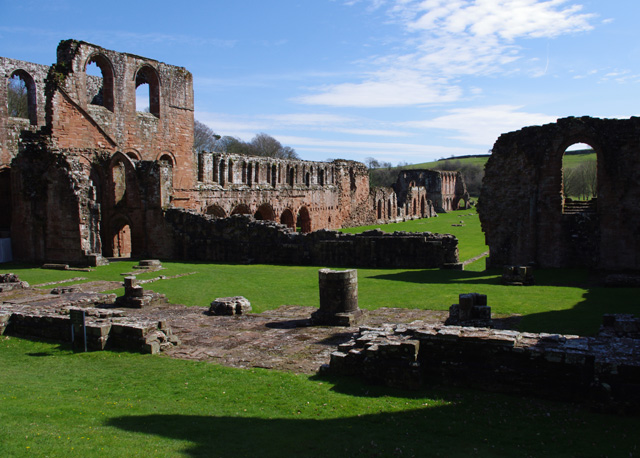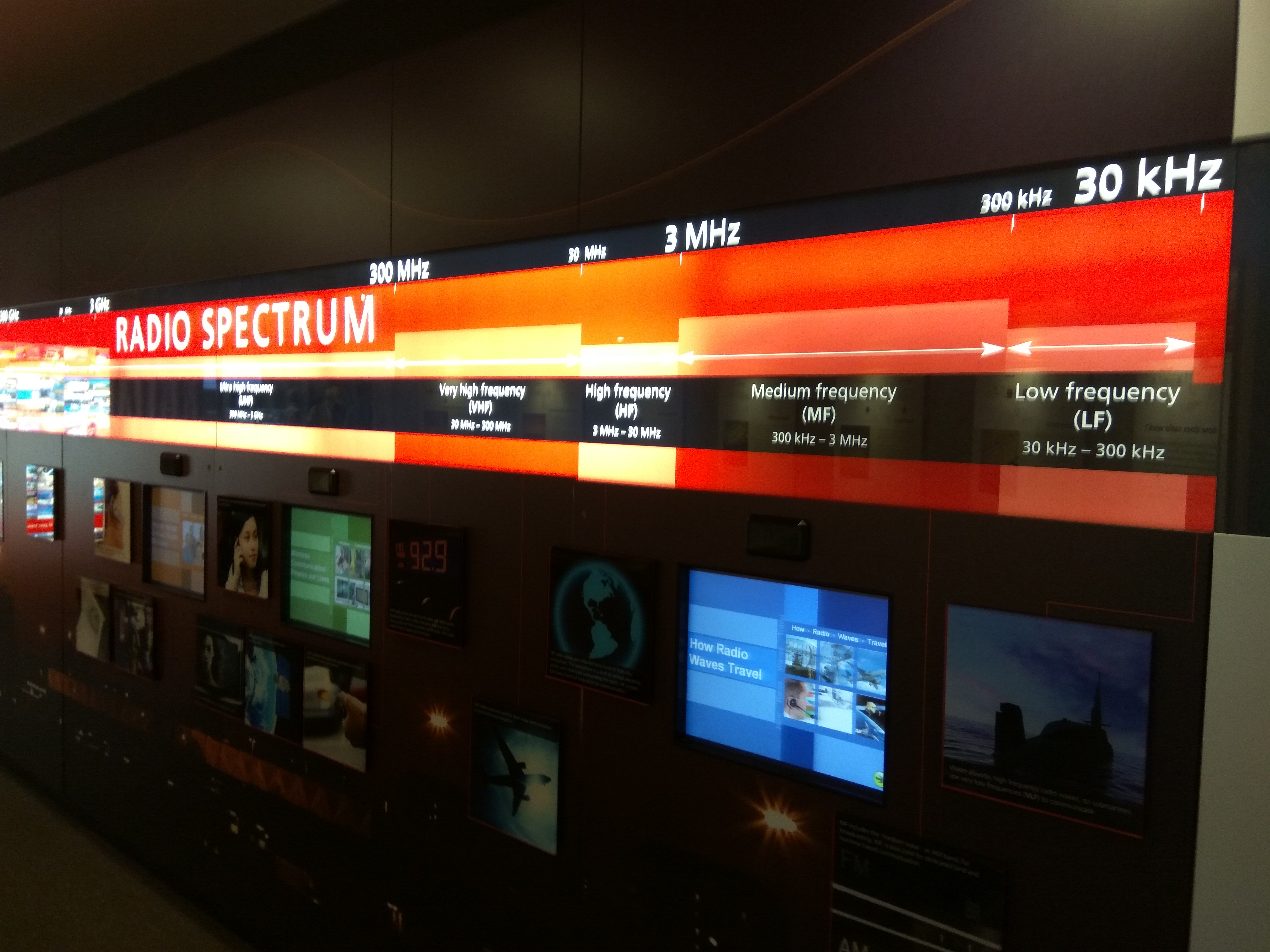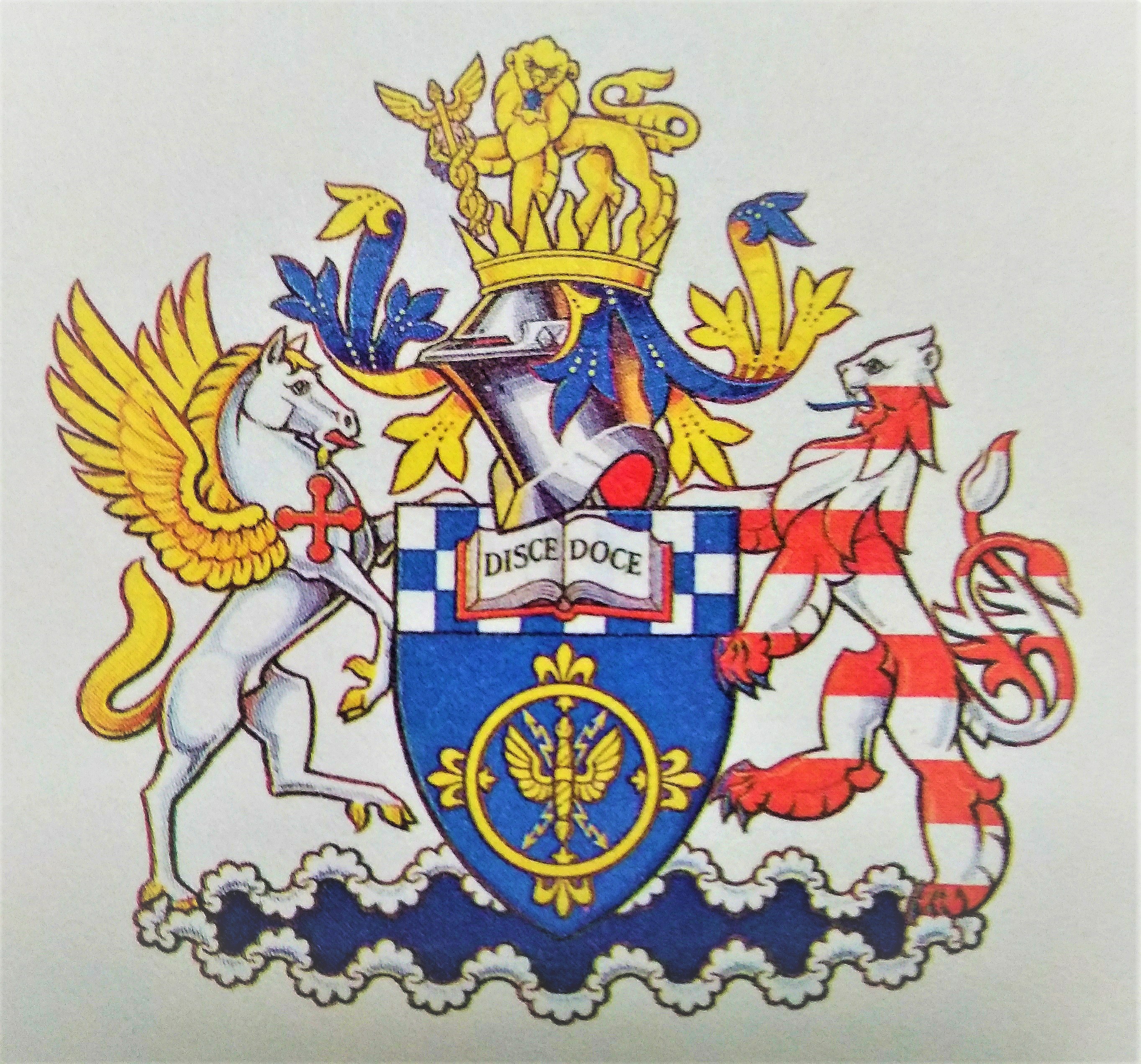|
William Eccles (physicist)
William Henry Eccles FRS (23 August 1875 – 29 April 1966) was a British physicist and a pioneer in the development of radio communication. He was born in Barrow-in-Furness, Lancashire, England. Following graduation from the Royal College of Science, London, in 1898, he became an assistant to Guglielmo Marconi, the Italian radio entrepreneur. In 1901 he received his doctorate from the Royal College of Science. Eccles was an advocate of Oliver Heaviside's theory that a conducting layer of the upper atmosphere could reflect radio waves around the curvature of the Earth, thus enabling their transmission over long distances. Originally known as the Kennelly–Heaviside layer, this region of the Earth's atmosphere became known as the ionosphere. In 1912 Eccles suggested that solar radiation was responsible for the observed differences in radio wave propagation during the day and night. He carried out experiments into atmospheric disturbances of radio waves and used wave detecto ... [...More Info...] [...Related Items...] OR: [Wikipedia] [Google] [Baidu] |
Barrow-in-Furness
Barrow-in-Furness is a port town in Cumbria, England. Historically in Lancashire, it was incorporated as a municipal borough in 1867 and merged with Dalton-in-Furness Urban District in 1974 to form the Borough of Barrow-in-Furness. In 2023 the borough will merge with Eden and South Lakeland districts to form a new unitary authority; Westmorland and Furness. At the tip of the Furness peninsula, close to the Lake District, it is bordered by Morecambe Bay, the Duddon Estuary and the Irish Sea. In 2011, Barrow's population was 56,745, making it the second largest urban area in Cumbria after Carlisle. Natives of Barrow, as well as the local dialect, are known as Barrovian. In the Middle Ages, Barrow was a small hamlet within the parish of Dalton-in-Furness with Furness Abbey, now on the outskirts of the town, controlling the local economy before its dissolution in 1537. The iron prospector Henry Schneider arrived in Furness in 1839 and, with other investors, opened the Furness Railwa ... [...More Info...] [...Related Items...] OR: [Wikipedia] [Google] [Baidu] |
Anode
An anode is an electrode of a polarized electrical device through which conventional current enters the device. This contrasts with a cathode, an electrode of the device through which conventional current leaves the device. A common mnemonic is ACID, for "anode current into device". The direction of conventional current (the flow of positive charges) in a circuit is opposite to the direction of electron flow, so (negatively charged) electrons flow out the anode of a galvanic cell, into an outside or external circuit connected to the cell. For example, the end of a household battery marked with a "-" (minus) is the anode. In both a galvanic cell and an electrolytic cell, the anode is the electrode at which the oxidation reaction occurs. In a galvanic cell the anode is the wire or plate having excess negative charge as a result of the oxidation reaction. In an electrolytic cell, the anode is the wire or plate upon which excess positive charge is imposed. As a result of this, anion ... [...More Info...] [...Related Items...] OR: [Wikipedia] [Google] [Baidu] |
People From Barrow-in-Furness
A person ( : people) is a being that has certain capacities or attributes such as reason, morality, consciousness or self-consciousness, and being a part of a culturally established form of social relations such as kinship, ownership of property, or legal responsibility. The defining features of personhood and, consequently, what makes a person count as a person, differ widely among cultures and contexts. In addition to the question of personhood, of what makes a being count as a person to begin with, there are further questions about personal identity and self: both about what makes any particular person that particular person instead of another, and about what makes a person at one time the same person as they were or will be at another time despite any intervening changes. The plural form "people" is often used to refer to an entire nation or ethnic group An ethnic group or an ethnicity is a grouping of people who identify with each other on the basis of shared attributes ... [...More Info...] [...Related Items...] OR: [Wikipedia] [Google] [Baidu] |
19th-century British Physicists
The 19th (nineteenth) century began on 1 January 1801 ( MDCCCI), and ended on 31 December 1900 ( MCM). The 19th century was the ninth century of the 2nd millennium. The 19th century was characterized by vast social upheaval. Slavery was abolished in much of Europe and the Americas. The First Industrial Revolution, though it began in the late 18th century, expanding beyond its British homeland for the first time during this century, particularly remaking the economies and societies of the Low Countries, the Rhineland, Northern Italy, and the Northeastern United States. A few decades later, the Second Industrial Revolution led to ever more massive urbanization and much higher levels of productivity, profit, and prosperity, a pattern that continued into the 20th century. The Islamic gunpowder empires fell into decline and European imperialism brought much of South Asia, Southeast Asia, and almost all of Africa under colonial rule. It was also marked by the collapse of the large ... [...More Info...] [...Related Items...] OR: [Wikipedia] [Google] [Baidu] |
1966 Deaths
Events January * January 1 – In a coup, Colonel Jean-Bédel Bokassa takes over as military ruler of the Central African Republic, ousting President David Dacko. * January 3 – 1966 Upper Voltan coup d'état: President Maurice Yaméogo is deposed by a military coup in the Republic of Upper Volta (modern-day Burkina Faso). * January 10 ** Pakistani–Indian peace negotiations end successfully with the signing of the Tashkent Declaration, a day before the sudden death of Indian prime minister Lal Bahadur Shastri. ** Georgia House of Representatives, The House of Representatives of the US state of Georgia refuses to allow African-American representative Julian Bond to take his seat, because of his anti-war stance. ** A Commonwealth Prime Ministers' Conference convenes in Lagos, Nigeria, primarily to discuss Rhodesia. * January 12 – United States President Lyndon Johnson states that the United States should stay in South Vietnam until Communism, Communist aggression there is e ... [...More Info...] [...Related Items...] OR: [Wikipedia] [Google] [Baidu] |
1875 Births
Events January–March * January 1 – The Midland Railway of England abolishes the Second Class passenger category, leaving First Class and Third Class. Other British railway companies follow Midland's lead during the rest of the year (Third Class is renamed Second Class in 1956). * January 5 – The Palais Garnier, one of the most famous opera houses in the world, is inaugurated in Paris. * January 12 – Guangxu Emperor, Guangxu becomes the 11th Qing Dynasty Emperor of China at the age of 3, in succession to his cousin. * January 14 – The newly proclaimed King Alfonso XII of Spain (Queen Isabella II's son) arrives in Spain to restore the monarchy during the Third Carlist War. * February 3 – Third Carlist War – Battle of Lácar: Carlist commander Torcuato Mendiri, Torcuato Mendíri secures a brilliant victory, when he surprises and routs a Government force under General Enrique Bargés at Lácar, east of Estella, nearly capturing newly cr ... [...More Info...] [...Related Items...] OR: [Wikipedia] [Google] [Baidu] |
Radio Society Of Great Britain
The Radio Society of Great Britain (RSGB) is the United Kingdom's recognised national society for amateur radio operators. The society was founded in 1913 as the London Wireless Club, making it one of the oldest organisations of its kind in the world. Through its work, it represent the interests of the UK's 80,000 licensed radio amateurs in the United Kingdom and certain dependent territories of the United Kingdom at the International Amateur Radio Union, acting as a medium for communication between the licensed operators and the UK government. Role The RSGB has traditionally acted as the organisation through which its members interact with the telecommunications regulatory authority of the United Kingdom, Ofcom. Although Ofcom has used its web site to solicit opinions directly from all amateur radio enthusiasts and other interested parties, the RSGB continues to advise and to seek to influence Ofcom on the likely impact of proposed changes in many areas – from decisions on ... [...More Info...] [...Related Items...] OR: [Wikipedia] [Google] [Baidu] |
Institution Of Electrical Engineers
The Institution of Electrical Engineers (IEE) was a British professional organisation of electronics, electrical, manufacturing, and Information Technology professionals, especially electrical engineers. It began in 1871 as the Society of Telegraph Engineers. In 2006, it changed its name to the Institution of Engineering and Technology (IET). Notable past presidents have included Lord Kelvin (1889), Sir Joseph Swan (1898) and Sebastian de Ferranti (1910–11). Notable chairmen include John M. M. Munro (1910–11). History The IEE was founded in 1871 as the Society of Telegraph Engineers, changed its name in 1880 to the Society of Telegraph Engineers and Electricians and changed to the Institution of Electrical Engineers in 1888. It was Incorporated by a Royal Charter in 1921. In 1988 the Institution of Electrical Engineers (IEE) merged with the Institution of Electronic and Radio Engineers (IERE), originally the British Institution of Radio Engineers (Brit IRE) founded ... [...More Info...] [...Related Items...] OR: [Wikipedia] [Google] [Baidu] |
Physical Society Of London
The Physical Society of London, England, was a scientific society which was founded in 1874. In 1921, it was renamed the Physical Society, and in 1960 it merged with the Institute of Physics (IOP), the combined organisation eventually adopting the name of the latter society. The society was founded due to the efforts of Frederick Guthrie, Professor of Physics at the Royal College of Science, South Kensington, and his assistant, William Fletcher Barrett. They canvassed support for a 'Society for physical research' and on 14 February 1874, the Physical Society of London was formed with an initial membership of 29 people. The Society's first president was John Hall Gladstone. Meetings were held every two weeks, mainly at Imperial College London. From its beginning, the society held open meetings and demonstrations and published '' Proceedings of the Physical Society of London''. The first Guthrie lecture, now known as the Faraday Medal and Prize, was delivered in 1914. In 1921 the so ... [...More Info...] [...Related Items...] OR: [Wikipedia] [Google] [Baidu] |
Long Wave
In radio, longwave, long wave or long-wave, and commonly abbreviated LW, refers to parts of the radio spectrum with wavelengths longer than what was originally called the medium-wave broadcasting band. The term is historic, dating from the early 20th century, when the radio spectrum was considered to consist of longwave (LW), medium-wave (MW), and short-wave (SW) radio bands. Most modern radio systems and devices use wavelengths which would then have been considered 'ultra-short'. In contemporary usage, the term ''longwave'' is not defined precisely, and its intended meaning varies. It may be used for radio wavelengths longer than 1,000 m i.e. frequencies up to 300 kilohertz (kHz), including the International Telecommunication Union's (ITU's) low frequency (LF, 30–300 kHz) and very low frequency (VLF, 3–30 kHz) bands. Sometimes the upper limit is taken to be higher than 300 kHz, but not above the start of the medium wave broadcast band at 520&n ... [...More Info...] [...Related Items...] OR: [Wikipedia] [Google] [Baidu] |

_1938.jpg)




